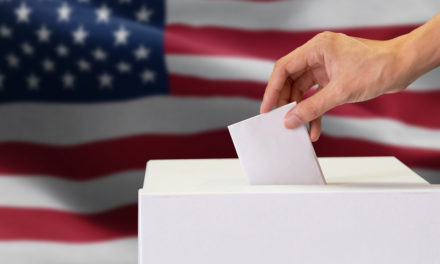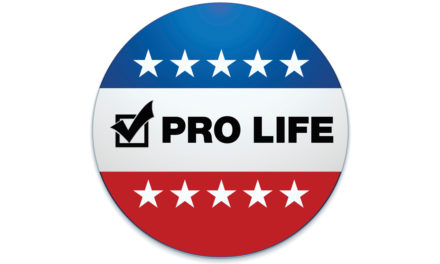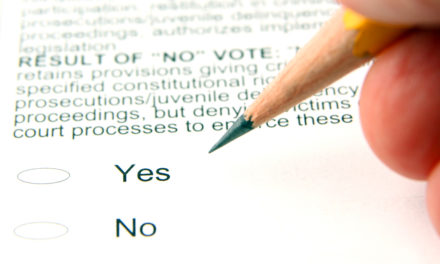In 2016, 138 million Americans voted. This year a wide variety of analysts are estimating that approximately 150 million Americans will cast a ballot, resulting in a record turnout rivaling or exceeding the previous high voting rate of 65.2% from 1908, when Republican William Howard Taft defeated Democrat William Jennings Bryan for the presidency.
A variety of factors are leading to the expectation of a massive vote.
First, while we hear every four years that “this is the most important vote” in our lifetime, this time around voters actually feel that way. According to the Pew Research Center, “Currently, 83% of registered voters say it really matters who wins the presidency, up from 74% four years ago and the highest share saying this in two decades of Pew Research Center surveys.”
Second, the sheer numbers of early voting thus far have blown away previous years’ records at about the same time in the voting season. While it surely is true that more states have enacted vote-by-mail procedures this year due to COVID-19 concerns, one election analyst calculated that as of October 18, 27.9 million people have already voted, compared to approximately 5.9 million people at this same time four years ago. And the 2016 election generated a record early vote with about 40% of all votes cast, which makes this year’s results to date particularly impressive.
Results in individual states that already used mail-in voting procedures in 2016 show an increase as well. Arizona, for example, has already seen a 61% increase in mail-in and in-person ballots received this year than four years ago at this time.
The pandemic is one obvious cause for the rush to vote early. About 49% of voters expected to have difficulties casting a vote this year, according to Pew, which is significantly up from past years.
Democrats have a substantial early advantage in the number of ballots turned in – a 6 million to 2.5 million lead. Independents have turned in approximately 2.2 million ballots. However, Republicans are far more likely to vote in person on Election Day than Democrats, by a margin of 80% to 40%.
Although voters are animated this year in their desire to vote in the presidential election, it appears that many are more motivated to vote against the opposing party’s candidate than for their own party’s candidate. Fifty-six percent of Biden voters say the primary reason they are voting for him is because he is not Trump, while 19% of Trump voters give “he is not Biden” as their reason.
And there’s yet more evidence that this year’s possible record-breaking presidential election is highly unusual. Usually, voters show enthusiasm for their candidate, and there is some of that this year, especially among Trump supporters, 66% of whom say they “strongly support” their man. That compares to 46% of Biden supporters. But there also seems to be support for the notion that most people just want to survive the election.
Biden supporters, for example, told Pew that they will be more relieved than excited if he wins, 77% to 16%. Trump supporters say the same about a Trump victory, 61% to 30%.
Another statistic where Biden supporters differ significantly from Trump supporters is in the potential reaction to their candidate’s loss. Biden supporters will be more angry than disappointed by a Trump win, 61% to 37%, while Trump supporters less so, by a margin of 37% to 59%.
You can find out more about where the two major presidential candidates stand on the issues by going to The Daily Citizen’s 2020 voter guide.
Photo from Shutterstock
Visit our Election 2020 page






